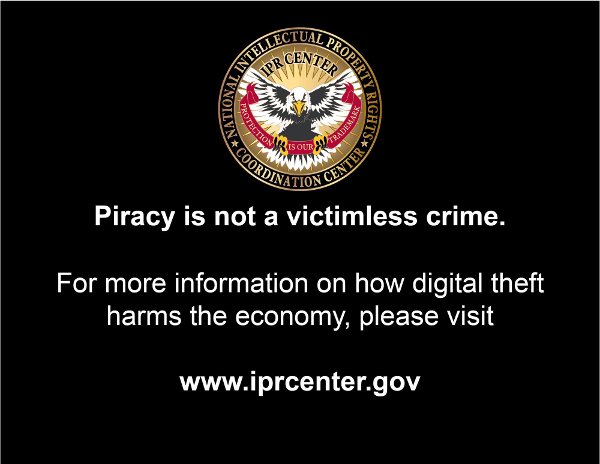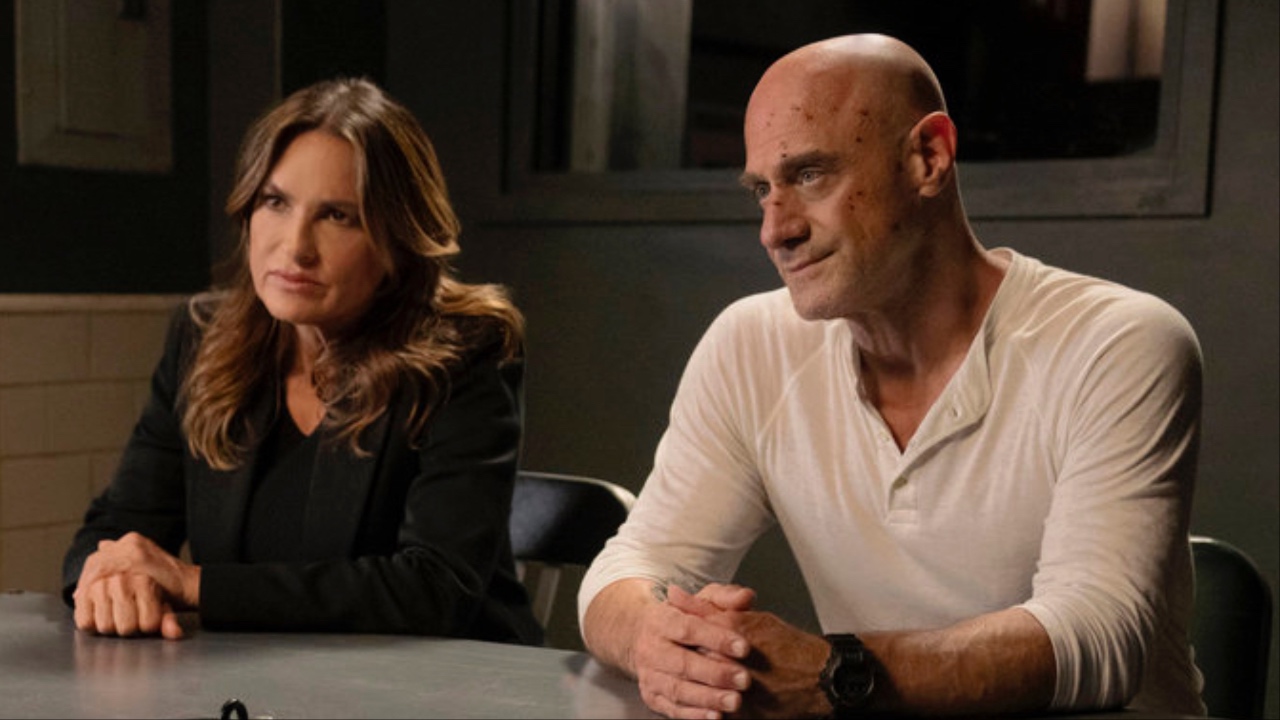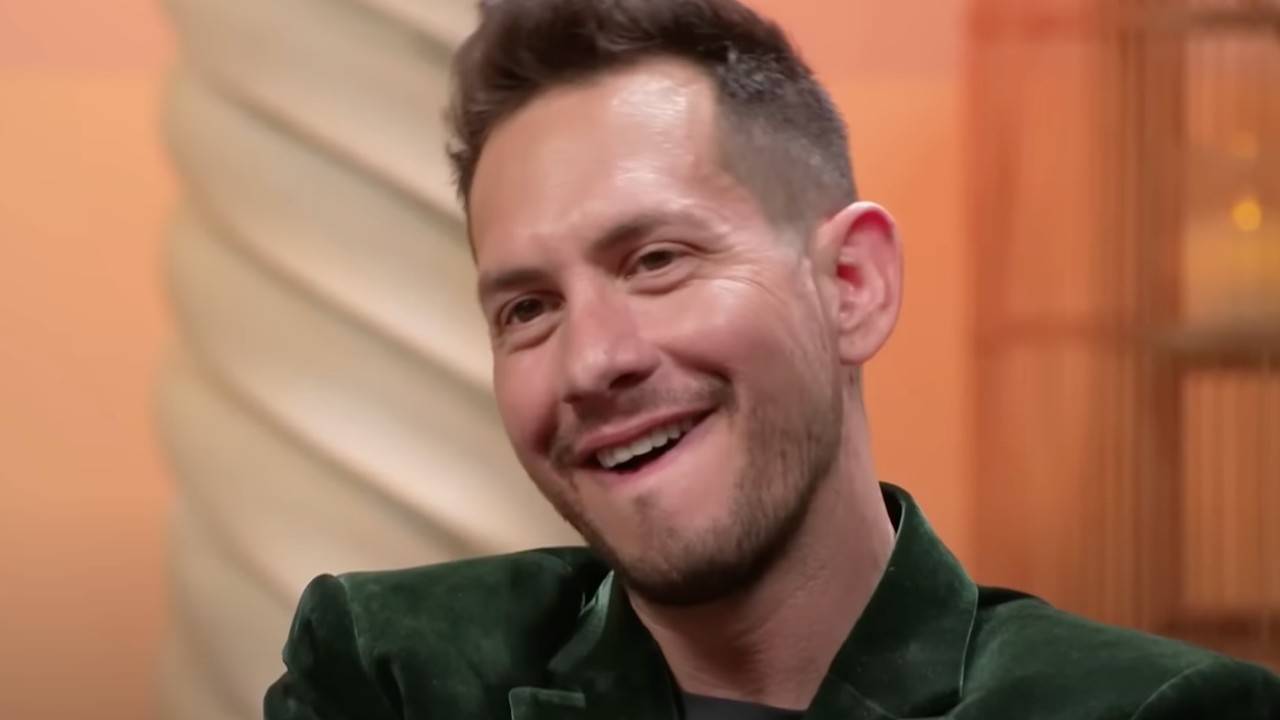Media Piracy Is Being Decriminalized In The UK

Piracy: a scourge so great, there are not one but two (sometimes three) separate warnings when you rent a film to watch in the privacy of your own home. As if that weren't enough, there's always the scattered news stories of criminal proceedings being leveled against some of the field's greatest offenders. Not to mention, there once was a time where theaters would run PSAs before the movie that interviewed industry professionals about the direct effects of piracy efforts on their jobs. One could say that piracy is one of our greatest digital concerns worldwide, which is why the UK's new strategy is drawing a lot of attention: they're decriminalizing the act.
The Dissolve ran a story earlier detailing the Voluntary Copyright Alert Program, or VCAP for short, which is set to take effect in 2015. VCAP notifies parties who have downloaded media illegally about the drawbacks and indecency of pirating said media, and is set up to do so up to four times a year. After those four notifications, nothing else ever comes of the matter. You're not going to be fined or jailed or prosecuted, you're just going to be notified again four times next year.
The Voluntary Copyright Alert Program aims to, as Geoff Taylor (chief executive of the British Phonographi Industry) put it, persuade the persuadable. The "persuadable" in this case are parents who don't know that their connection is being used to download things like the latest episode of Game Of Thrones. Of course, if mum and dad just happen to be fans as well, you're about as likely to get through to that lot as Ned Stark was in getting through to The Lannisters – albeit with much less decapitation. Taylor further remarked on the intent of VCAP as:
"...not about denying access to the Internet. It’s about changing attitudes and raising awareness so people can make the right choice."
So, roughly translated, if you're pirating in the UK, you're not going to be prosecuted. Instead, you'll be emailed a message that will probably sound like something out of this parody piracy warning from The I.T. Crowd:
The act of Piracy is, by legal definition, a crime. There's no getting around that, no matter what. However, should it be prosecuted to the extent that it has in the recent past? Certainly not, considering that if we're going by "legal definition," making that mix tape off of the radio back when you were a kid was, in fact, piracy. Not to mention that despite Hollywood's moaning and groaning on the matter, piracy doesn't really seem to be having that much of an effect on their take home pay. The truth of the matter is, despite the warnings on the Blu Ray copy of Under The Skin you rented Monday night, Piracy kind of is a victimless crime.
Whether the Voluntary Copyright Alert Program will work or not remains to be seen, but one thing is for certain: the eyes of the world, especially those in the entertainment industry, will be watching the immediate consequences when it goes into effect next year. But is legislation really our only option? If that question has your interest piqued, then click over to Page 2, where we'll discuss what Hollywood and other content providers should be doing.

Media piracy in any way, shape, or form comes down to two big factors: accessibility and affordability. These two key sticking points are from where the act of piracy springs forth, and if this industry is going to claim to be serious about piracy, perhaps they should be looking at how to change the way they do business. For instance, perhaps instead of prosecuting citizens under clause upon clause of copyright law and threatening jail terms usually reserved for more serious offenses, the providers of content being pirated can consider updating their distribution method and pricing models to reflect the needs of the market.
CINEMABLEND NEWSLETTER
Your Daily Blend of Entertainment News
Maybe if Snowpiercer was playing in a theater near you last summer when it came out in Korea, you wouldn't have downloaded the screener copy in August. Or, if you stuck it out long enough to see the film released into US theaters this summer, but only had one theater showing the film at 10:20 PM miles out of town, perhaps The Weinstein Company could have been more effective with their multi platform launch. A Video On Demand release on the day and date the film premiered, with a Video On Demand rental option (which goes for around $6.95 for a 24/48 hour rental) being priced more comparable to, say, a 24 hour Redbox Blu Ray rental (which only goes for $1.20 + tax a night), could have had more people contributing to their already record breaking VOD take.
Another example, going back to the Game Of Thrones analogy, is that if HBO was a little more generous with their Amazon Prime support, or even if they offered their entire HBO Go platform for a $20 a month fee (without having to actually have a subscription,) they would see their sphere of influence and monetary gain expand quite effectively. After all, not all who pirate merely want to get things for free. Some pirate because, again, the product is not accessible or affordable enough to their situation in life. There is never going to be a "total end" to piracy, but with the right avenues in place, audiences can contribute more money towards the products they're interested in, and everyone can go home happy.

Mike Reyes is the Senior Movie Contributor at CinemaBlend, though that title’s more of a guideline really. Passionate about entertainment since grade school, the movies have always held a special place in his life, which explains his current occupation. Mike graduated from Drew University with a Bachelor’s Degree in Political Science, but swore off of running for public office a long time ago. Mike's expertise ranges from James Bond to everything Alita, making for a brilliantly eclectic resume. He fights for the user.









